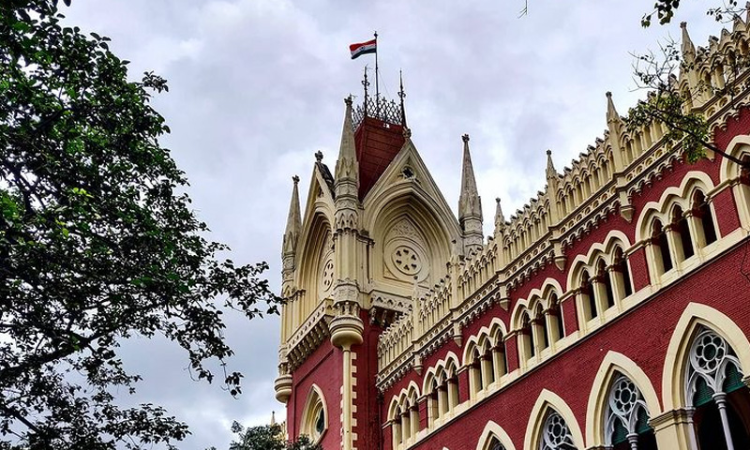The Calcutta High Court on Monday refused to quash criminal proceedings initiated against a judicial officer accused of raping a litigant on a false promise to marry her.The matrimonial dispute of the complainant was pending before the petitioner herein, a member of the WB Judicial Service who held the post of Additional Chief Judicial Magistrate at the time, when the latter...

